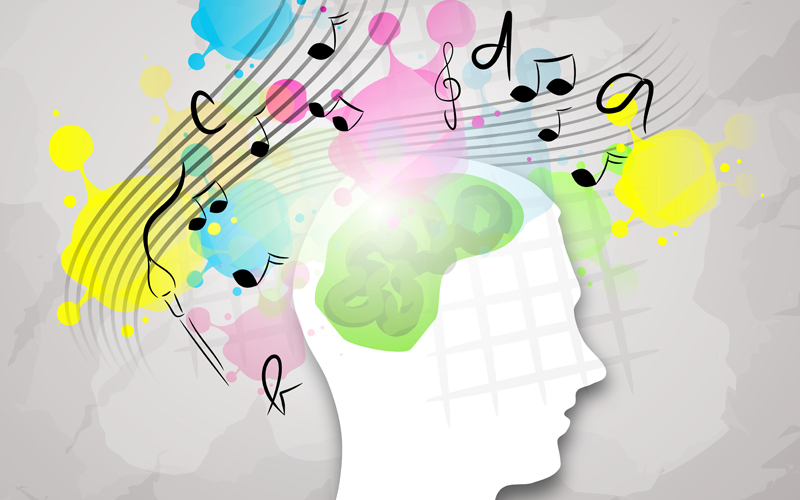Developing the brain is paramount to a healthy and fulfilling adult life, as you may have suspected already! As such, any methods that encourage brain development at a young age are worth exploring. It just so happens that music is one such method! Studies have shown that playing an instrument encourages brain development, and also provides stimulation for the brain as well. Additionally, playing an instrument is unique, because no other activity works both brain hemispheres as much as music does (Yoon, 2000). The brain has two hemispheres: the right hemisphere, which is responsible for creative habits and expressing emotions, and the left hemisphere, which focuses on logical and analytical processes. Each hemisphere is responsible for different skills that play a part in musical performance. The left hemisphere interprets the structure to music, and the right hemisphere centers more on the melody. As a result, playing a song works the entire brain and increases its overall potential.
Music also helps maintain neuroplasticity, which is the central nervous system’s ability to remain adaptable over time (Fung, 2016). Neuroscientists compare playing music to a full-body workout, since musicians use more regions of their brains simultaneously to finish a task. The brain remains more active, so neuroscientists use the musician’s brain as the model when they conduct research on neuroplasticity. This development and stimulation also lay a strong foundation for a successful learning experience. Other studies report that playing music combines multiple brain systems, thus preparing the brain for learning (Fung, 2016). Considering the various benefits that learning music yields for the brain, it is incredibly worthwhile for children to pursue learning an instrument.
References:
Fung, A. (2016). Implications of a culturally rich and linguistically diverse musical life for music teaching and learning. Australian Journal of Music Education, 50(2), 3-14. Retrieved from https://search-proquest-com.huaryu.kl.oakland.edu/docview/1969020508?accountid=12924
Yoon, J. N. (2000). Music in the Classroom: Its Influence on Children’s Brain Development, Academic Performance, & Practical Life Skills. (Publication No. 62413450; ED442707) [Master’s Thesis, Biola University]. Available from ERIC.




